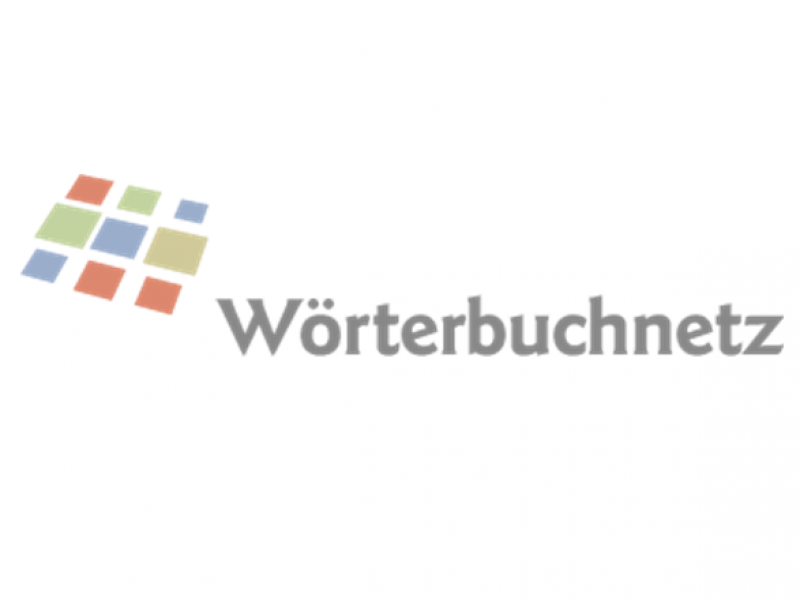Tragedy, empiricism, Europe
The lecture series from May 10th to 12th

Date:
10.05.2010 bis 12.05.2010Place:
Categories:
EventSaarland University organizes several lecture series in the summer semester, which are open to anyone interested. Topics related to art and culture are dealt with. The following lectures are on the program in the 19th calendar week:
Monday May 10, 2010
„Tragödie: die bleibende Herausforderung“
7 p.m., City Hall Festival Hall of the City of Saarbrücken
Lecture series in linguistic, literary and cultural studies in cooperation with the state capital Saarbrücken
„Französische Klassik: Die Tragödien von Corneille und Racine“
Prof Dr Karlheinz Stierle (Saarbrücken)
The tragedies of Corneille and Racine are the most important works of French classical music of the 17th century. The political and cultural supremacy of France in Europe, which was already emerging, gave them additional influence. Both authors' works are based on Aristotle's theory of drama. However, Corneille's tragic heroes fail because of incompatible norms of action, while in Racine they are consumed with a fateful passion. A language of the highest poetic intensity emerges from this contradiction, the expressiveness of which has remained unsurpassed to this day.
Tuesday May 11, 2010
„Empirie, Daten und Digitalisierung in den Geisteswissenschaften“
6 p.m., Uni-Campus, building A2 2, lecture hall 2.02
Organization of the chair for applied linguistics as well as translation and interpreting
„Daten als Dienste: Erschließung und Nutzung digitaler Wörterbücher“
Andrea Rapp (Trier)
At the Trier competence center for electronic cataloging and publication processes in the humanities, various dictionaries on the German language are digitally processed. They cover a broad spectrum and are also offered jointly searchable and linked to one another (http://www.woerterbuchnetz.de). A research project that, in cooperation with computer scientists and bioinformatics experts, is testing methods to develop, classify and organize linguistic and biological variance shows that unusual paths are also being taken. This research helps to better network the different materials and thus to establish a dynamic information system on the German language, which in turn can become a tool for opening up heterogeneous language data.
Further information on the Internet.
Wednesday May 12, 2010
„Kulturelle Grundlagen Europas“
7 p.m., Saarbrücken City Gallery
Lecture series in Protestant theology
„Menschenrechte“
Prof Dr Michael Hüttenhoff, Saarbrücken
The history of human rights is intricate, its interpretation controversial. What significance did antiquity have for the development of the human rights idea and human rights? Do human rights have their roots in the Bible or rather in Greco-Roman antiquity? How do religious and philosophical justifications of human rights relate to one another in modern times? The lecture will address these questions and comment on them in the form of comments on the European history of human rights.

